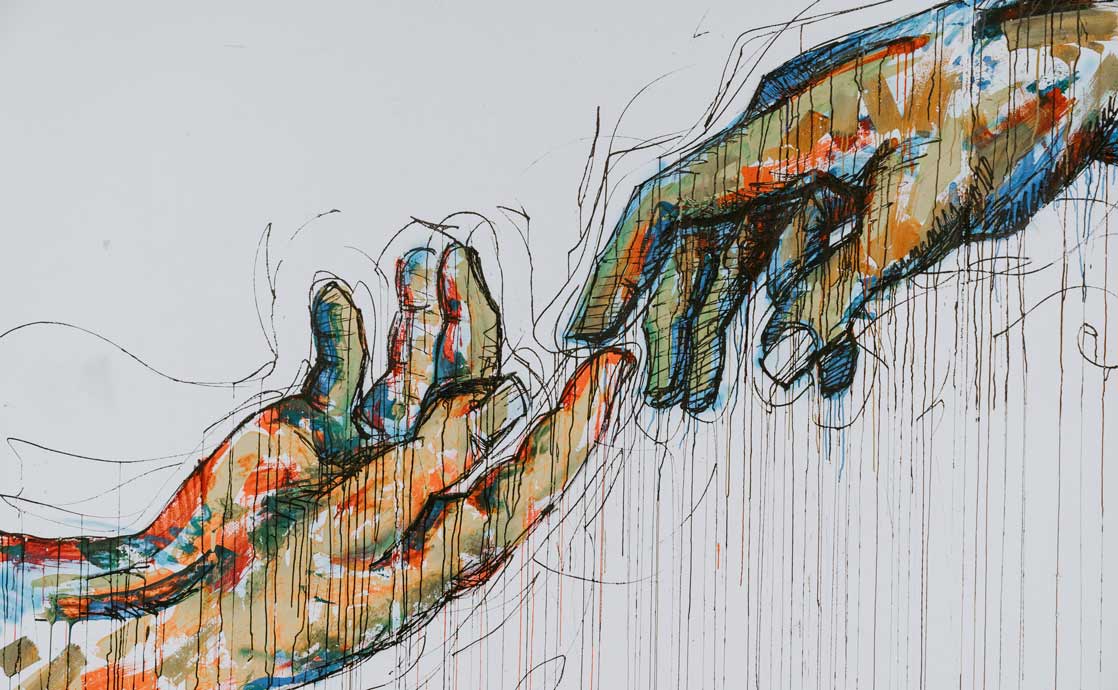The Bahá’í teachings illuminate a profound understanding of the challenges facing humanity, particularly through the lens of tribalism, which is identified as one of the most significant impediments to achieving true oneness. This exploration of tribalism encompasses various dimensions, including its psychological, social, and philosophical ramifications, and proposes pathways toward harmonious co-existence. By delving into this topic, we hope to shed light on the underlying dynamics of tribalism and offer insights that can foster unity among diverse peoples.
At its core, tribalism refers to the inclination to form exclusive groups based on shared characteristics, such as ethnicity, nationality, religion, or ideology. This instinctive behavior can be traced back to our evolutionary ancestors, who found security in tight-knit communities. However, in the contemporary world, the ramifications of such narrow identities have amplified, potentially leading to systemic divisions that thwart the collective advancement of humanity.
One of the primary facets of tribalism lies in its psychological underpinnings. Humans are inherently social creatures, often seeking affirmation and belonging within group dynamics. This instinct often promotes a binary worldview, categorizing individuals as either ‘us’ or ‘them.’ Such delineations can foster animosity, breeding hostility and indifference toward those outside the tribal affiliation. Importantly, the Bahá’í teachings encourage transcendence of these divisions through the cultivation of empathy, understanding, and respect for all humanity.
In examining the social ramifications of tribalism, it becomes evident that the phenomenon not only fosters division but also perpetuates inequality and injustice. Societal structures often reinforce tribal associations, leading to favoritism, discrimination, and systemic injustices. Political systems may exploit tribal affiliations to consolidate power, thereby eroding the fabric of justice and equity necessary for a functional society. The teachings advocate for the dismantling of such artificial barriers, urging individuals to recognize the interconnectedness of all people.
Philosophically, the challenge presented by tribalism is also one of identity. The quest for meaning often leads individuals to define themselves within the parameters dictated by their tribal affiliations. However, the Bahá’í perspective posits that true identity is universally expansive, rooted in the oneness of humanity rather than confinement to narrow allegiances. Individuals are encouraged to cultivate a broader perspective, one that embraces diverse identities without losing the essence of their uniqueness.
Furthermore, the impact of tribalism is acutely felt in the realm of communication and discourse. The entrenchment of tribal identities engenders echo chambers that hinder constructive dialogue. When individuals interact primarily with those who share their views, critical thinking is stifled. The Bahá’í teachings advocate for open-mindedness and respectful exchange, emphasizing the value of listening to differing perspectives as a means to foster understanding and reconciliation amidst diversity.
In combating tribalism, a multi-faceted approach is required, one that encompasses education, dialogue, and active engagement. Education plays a pivotal role in dismantling prejudiced notions and fostering awareness about the shared humanity that transcends tribal boundaries. Including curricula that highlight the achievements and contributions of various cultures can cultivate appreciation and respect from an early age.
Moreover, fostering dialogue across diverse groups can facilitate mutual understanding and dispel misconceptions. Community-building activities that bring together individuals from different backgrounds can humanize ‘the other’ and showcase commonalities. Such endeavours are integral in redefining relationships, moving from competition to collaboration, and ultimately nurturing a culture of peace.
Additionally, it is critical to engage in self-reflection regarding one’s biases and prejudices. Each individual has a responsibility to assess how their own tribal affiliations may inadvertently perpetuate divisiveness. Recognizing the subjective nature of identity allows individuals to transcend narrow conceptions and approach others with a spirit of inclusivity.
Moreover, leaders and influencers within communities play a significant role in shaping attitudes toward tribalism. By exemplifying unity and equity, they can inspire collective movements against exclusionary practices. The promotion of policies rooted in fairness and social justness can help create an environment conducive to collective advancement, where cultural diversity is not merely tolerated but celebrated.
The Bahá’í teachings affirm that the advancement of civilization hinges on the recognition of humanity’s oneness. A fundamental transformation in consciousness is paramount, where tribal identities evolve into a shared identity as members of the global family. This profound shift can lead society toward a future characterized by collaboration, peace, and profound understanding.
In conclusion, tribalism remains one of the most pressing obstacles to realizing the oneness of humanity. Through understanding its mechanisms and implications, individuals and communities can work towards dismantling the barriers that keep people divided. The Bahá’í teachings serve as a powerful reminder of the importance of empathy, dialogue, and the transformative potential of recognizing our shared humanity. As humanity navigates these complex social landscapes, the collective responsibility lies in our ability to foster unity in diversity, working together to create a just and harmonious global society.
